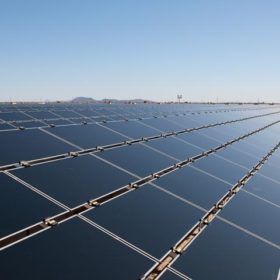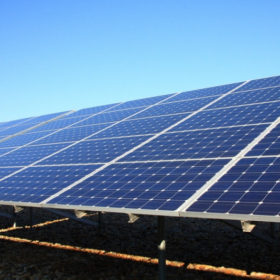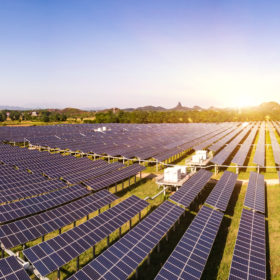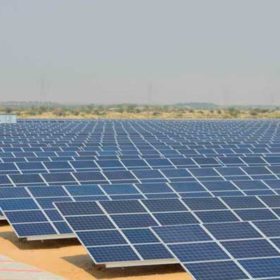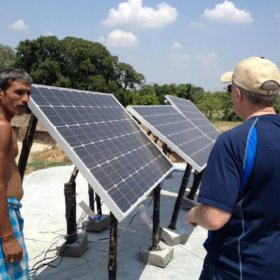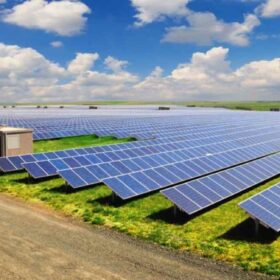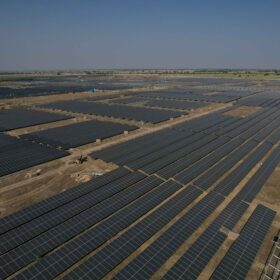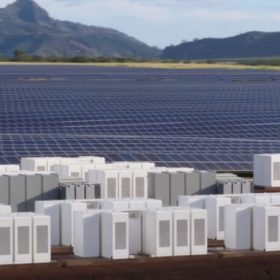Delhi launches Solar City Initiative
Adding another notch to India’s impressive solar growth, Delhi’s power utility company, BRPL has launched a solar city initiative to boost India’s solar PV rooftop sector.
India’s impressive solar achievements in 2017
2017 was a busy year for India’s solar industry. As of the end of November, the country had installed around 5.5 GW of PV. With its ambitious renewable energy goals, it is paving the way to becoming a world leader in the industry. Overall, the country saw a rapid increase in renewable energy activity, with solar dominating almost 48% share of total capacity installed.
Waaree Energies raises INR 1bn through Centrum-led investors
A structured credit deal has been struck between Centrum-led investors and Waaree Energies Ltd, an Indian solar power firm.
Stable outlook for Indian power sector – Moody’s
Moody’s Investor Services and its Indian affiliate, ICRA Limited have announced that India’s power sector will see stability over the next 12 to 18 months, reflecting the government’s policy initiatives and established industry.
Apparel industry adopting solar energy in India
The ‘Adoption of Solar Energy for Apparel industry’ program was organized by cluster development services in Ludhiana, Punjab to promote solar in the textile/apparel industry.
Kolkata airport to generate green energy from 15 MW solar power plant
Kolkata airport has commissioned a 15 MW, ground-mounted, grid-connected PV plant. The solar plant is among the largest located at any airport in India.
Odisha: The eastern state is enhancing its solar potential
The Odisha state government plans to increase its solar power generation capacity from 63 MW to 333 MW by the end of 2017-2018. The eastern state of India has also invited bids for 200 MW of solar power, with the process set to begin in a fortnight. Odisha’s rooftop capacity stands at 16 MW.
Solar developers not following DCR policy may face government action
India plans to take action against solar power companies using imported equipment for projects, which were awarded under the country’s domestic content requirement scheme, according to local media.
Turnaround as Andhra Pradesh agrees to buy power from Kadapa solar plant
Despite the 250 MW solar project securing a record low bid of INR 3.15 ($ 0.05)/kWh in April, Andhra Pradesh refused to buy the generated power, after tariffs fell further in subsequent auctions. This decision has now been rescinded, according to The Economic Times, with the affected parties having reached a compromise.
India needs 330,000 renewable jobs, WRI estimates
India needs to create around 330,000 jobs over the next five years if it is to achieve its ambitious renewable energy goals, according to a new report by the World Resources Institute. Several methods have been recommended for boosting jobs in the sector, while also tackling poverty eradication.

